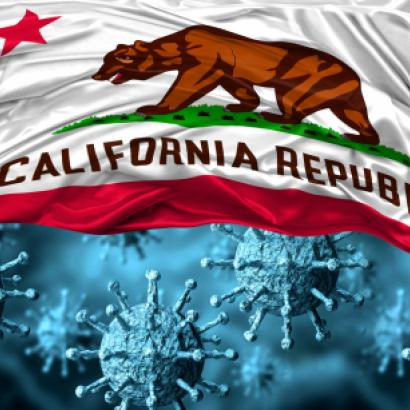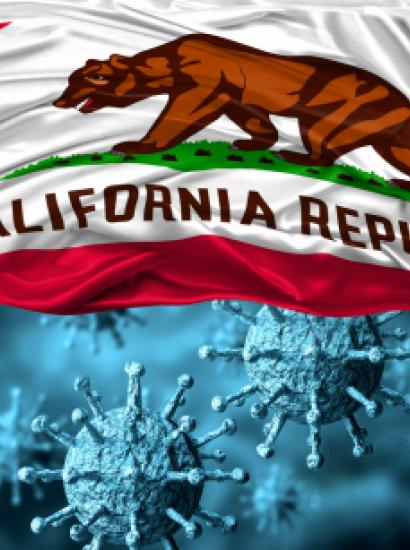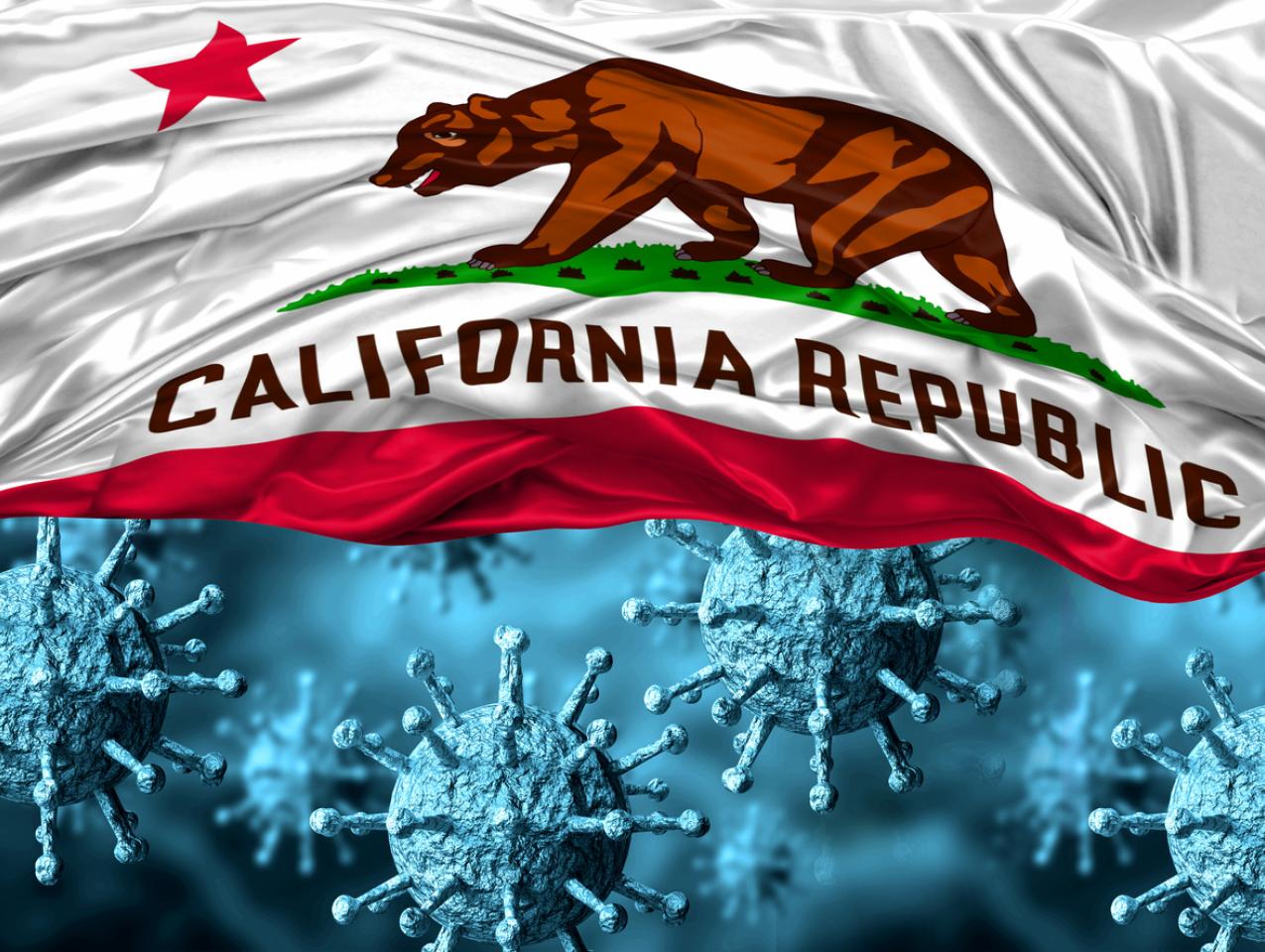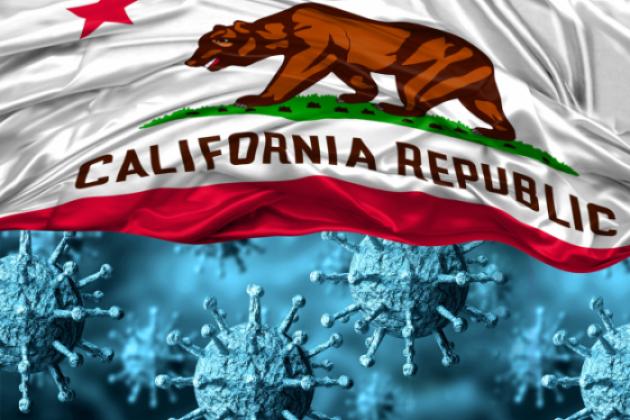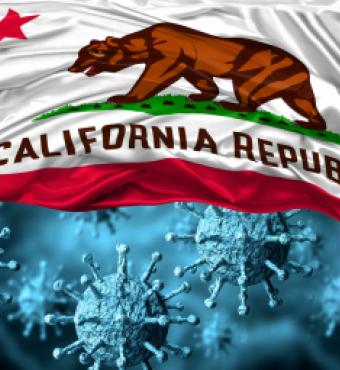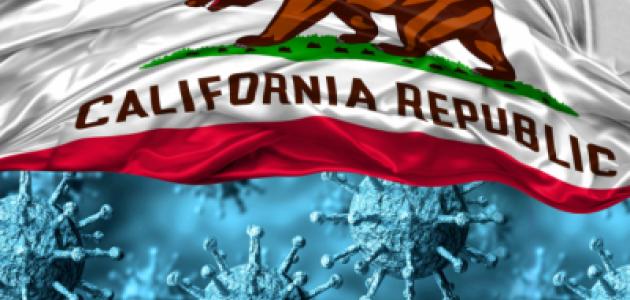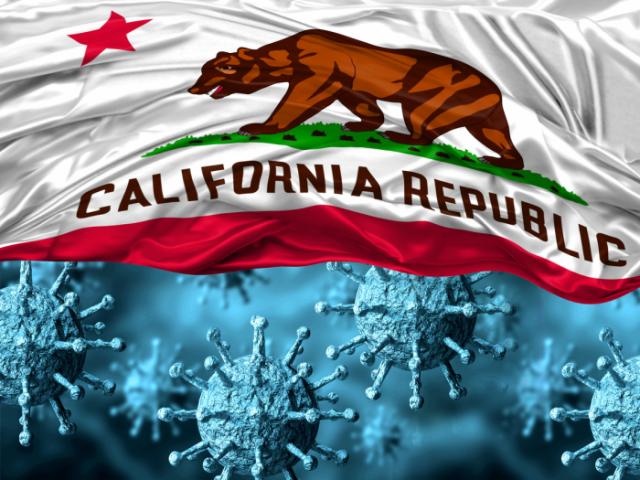- Health Care
- Politics, Institutions, and Public Opinion
- State & Local
- California
We have another three weeks to go until we close the books on 2020, so why not a review of California’s “winners” and losers” in a year that we’d like to put in the rear-view mirror?
That would include . . .
Winner: Kamala Harris. Eight days into 2015, then senator Barbara Boxer shook up California’s landscape by announcing that she’d retire the following year. Harris, at the time California’s state attorney general, had to decide: run for Boxer’s seat in 2016 or mount a gubernatorial bid in 2018. One doubts that she regrets her choice.
Loser: Gavin Newsom. Boxer’s retirement placed Newsom, at the time California’s lieutenant governor, at the same political fork in the road. He chose to remain in Sacramento. And it seemed like a good idea—until the pandemic’s arrival. Does he have the worst job in politics? Here are seven reasons arguing: yes.
Winner: Xavier Becerra. California’s state attorney general is quitting his post to become the Biden administration’s health secretary. The change of scenery solves a problem for the politically ambitious Becerra: how to pass the time until there’s a Democratic opening for the Senate (in 2022 or 2024) or governor (most likely not until 2026).
Loser: Newsom. California’s governor has at least two political posts to fill—Harris’s and Becerra’s. Make that three vacancies to fill if he opts for California secretary of state Alex Padilla as Harris’s successor. The problem: the California Democratic insistence upon identity politics. Whomever Newsom chooses, there will be a disgruntled portion of the Democratic base.
Winners: James Gallagher and Kevin Kiley. The two Republican assemblymen prevailed in their lawsuit claiming that Newsom overstepped his bounds in issuing a June executive order requiring vote-by-mail ballots to be sent to all of California’s 22 million registered voters—a rare sign of life for the state legislature’s decided minority.
Loser: California Republican Party. Fainter signs of life: though California’s GOP now has four congressional seats it didn’t have after the 2018 election, it still fails at some basics—beginning with what defines a California Republican in this day and age. Also a problem: at least three GOP hopefuls on a collision course in 2022’s gubernatorial open primary.
Winner: Elon Musk. Tesla’s CEO supplanted Bill Gates as the world’s second-richest person and soon thereafter told his friends that he plans to bail on California for tax-friendlier Texas. Tesla already does business in the Lone Star State. Is relocating the company’s headquarters to Austin the next logical step?
Loser: Robert Iger. The Disney chairman joined the governor’s Economic Recovery Task Force only to quit it after the Newsom administration said no to reopening Disneyland. Iger reportedly is open to the idea of working in the Biden administration. Under the guise of “don’t get mad, get even”: why not an Iger run in a 2021 gubernatorial recall election (if it materializes by March), as a nonpartisan problem solver committing to fixing California’s economy?
Winner: California’s state budget. A pandemic-driven recession wasn’t as bleak as predicted earlier this year, and the state is looking at a $26 billion surplus heading in the next fiscal year. Lawmakers will have to decide how much to spend versus how much to save for a rainy day. Gee, which it be?
Loser: California’s state budget. But after next year, revenue boom is likely to turn to bust: the same forecast that shows a surplus for 2021 also predicts a deficit thereafter as expenses outpace revenues. If that occurs, state legislators face a different decision: cut spending or raise taxes. Gee, which will it be?
Winner: California’s teachers’ unions. Proof of the alpha special interest in Sacramento: few Democratic lawmakers taking California’s teachers’ unions to task for their reluctance to reopen California’s public schools. In 2020, children from wealthier California homes fared better at finding open classrooms while less-privileged kids tended to suffer through virtual learning—a social divide one Democratic lawmaker likened to “state-sanctioned segregation.”
Loser: California’s public schoolkids. Last week, a sixth-grader enrolled at an elementary school in Woodbridge, California (a small town in the San Joaquin Valley), turned off his Zoom video and audio controls (yes, he was doing virtual learning) and fatally shot himself. The same school district has seen an increase in anxiety, depression, and suicidal ideations—hardly anyone’s notion of a hearty school curriculum.
Winner: California political journalism. The San Francisco Chronicle’s exposé of Newsom’s ill-fated dinner at the exclusive (and pricey) French Laundry restaurant was a reminder of the role that good journalism can play in holding politicians accountable. Would that more reporters dig into the machinations of state government with the same zeal.
Loser: California political journalism. The same Chronicle recently offered voluntary buyouts to its employees—by doing so, losing one of its best political reporters and its longtime editorial page editor. Meanwhile, down south, the Los Angeles Times has a non-pandemic malady: a decided lack of intellectual diversity in its opinion pages—bona fide conservatives appearing in that paper about as often as Alexandria Ocasio-Cortez credits Milton Friedman’s good work. California’s electorate may tilt to the left; its newspapers should show better balance.
Winner: App-based drivers. The passage of California’s Proposition 22 allowed gig workers to be classified as independent contractors rather than benefit employees (it didn’t hurt that DoorDash, Instacart, Lyft, Uber, and Uber-owned Postmates poured over $200 million into the effort). In theory, at least, the longer California shutters its restaurants and compels its citizenry to dine in, the better for food-delivery businesses.
Loser: Small businesses. This video recorded by a Sherman Oaks bar and grill owner sums up a frustration felt statewide: her business can’t provide outdoor dining; in the same camera shot, a film production crew has set up shop thanks to an exemption provided in the governor’s recent stay-at-home order. If you want to know who wields influence in Los Angeles, check out this public order and the various entities that qualify as “exempt activities.”
Winner: Los Angeles professional sports. Prior to 2020, 1988 was the last year in which both the Los Angeles Dodgers and Lakers won league championships. It’s also the last time Republicans won either a November presidential or Senate contest in California—the Dodgers’ drought, from some reason (may it was all the playoff futility in recent years) seeming to last longer.
Loser: SF Bay Area professional sports. The year began with the San Francisco 49ers in the Super Bowl. It ended with the 49ers banished to Arizona due to county COVID restrictions, the Oakland Raiders permanently relocated to Las Vegas, and the Golden State Warriors decimated by an injury to one of its marquee stars. Ouch.
Neither a Winner nor Loser, Just Lucky: Myself. So far this year, none of my family, friends, or colleagues has contracted the virus. Fingers crossed that this continues in 2021. As my place of employment has adapted to more Zoom calls and Virtual Policy Briefings, I’ve had the good fortune of interacting more frequently with many of the remarkable men and women affiliated with the Hoover Institution.
I can handle a temporary lockdown—as long as we continue this free flow of ideas and innovation . . . and local health officials grant me the freedom to step aside and inhale some fresh air.
See you in 2021.








